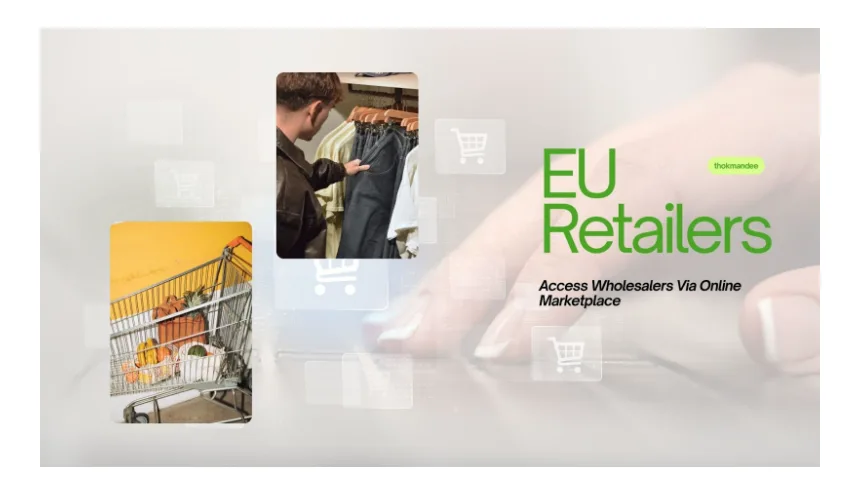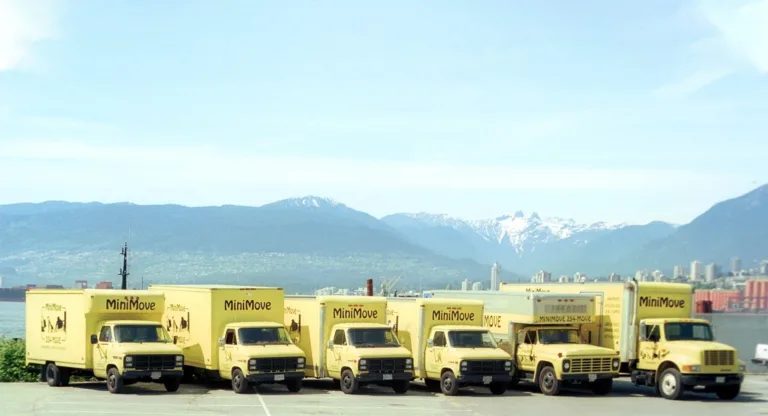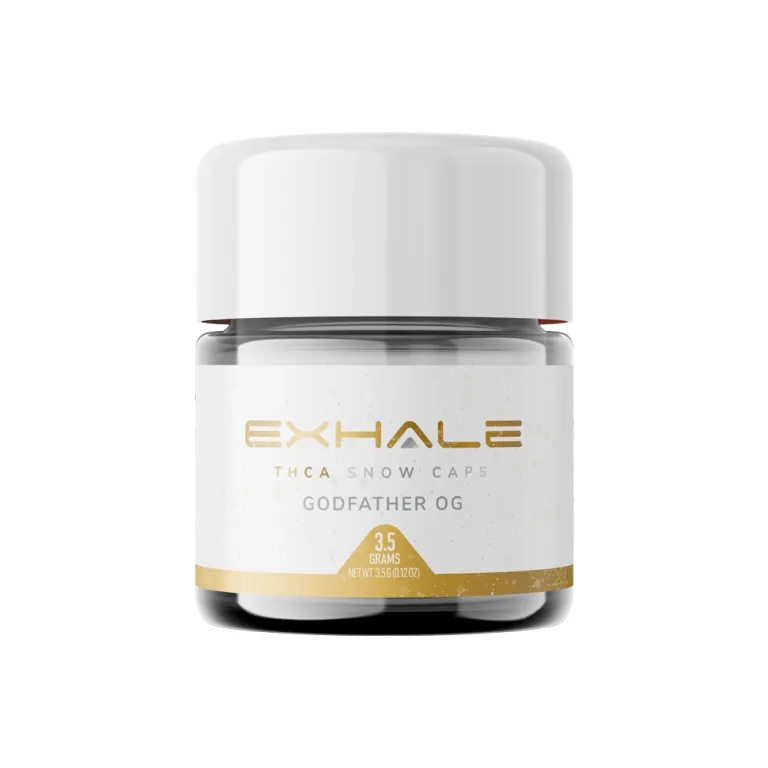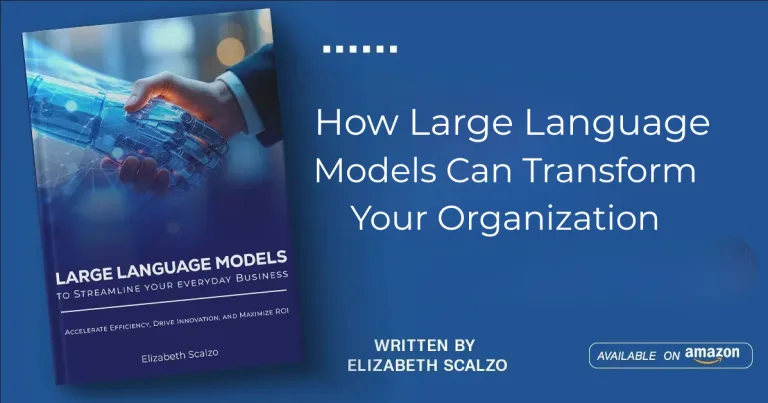EU Retailers Access Wholesalers Via Online Marketplace
Do you know, today many small and medium retailers face a big problem in Europe? They cannot find reliable wholesalers without spending too much time or money. That’s the reason online wholesale marketplaces exist.
In Western Europe, online marketplaces are becoming more common. According to Euromonitor International, the share of all e‑commerce climbed from 23% to 30% between 2014 and 2022, respectively.
This growth shows that buyers like the broad choice, competitive prices, and ease of buying through online wholesale marketplaces. These make it easier for EU retailers to connect with verified wholesalers, buy in volume, and manage orders.
In this article, we will explore why EU retailers use online wholesale marketplaces to access EU wholesalers and how other retailers can get started as well.
Why EU Retailers Are Turning to Online Wholesale Marketplaces
Many EU retailers face real problems when they use the traditional wholesale market. These old‑school methods are slow and not always clear. Below are the reasons why many EU retailers move to online wholesale marketplaces.
Lower Costs and Better Pricing
Online wholesale marketplaces help retailers spend less. They don’t need to travel for trade shows or meet many local distributors. Retailers can compare prices from many wholesalers, so they can get better deals. This cost saving helps them keep their profit margins tighter.
Wider Choice of Verified Suppliers
Retailers can connect to wholesalers all over Europe. These platforms often verify sellers (using business licenses or VAT), so retailers feel safe when buying. They also get more variety such as more products, categories, and supplier options
Faster and More Efficient Buying
Retailers experience a simple and smoother buying process. Instead of writing long email chains or waiting for quotes, they can use the marketplace to place orders, request quotes, and negotiate directly.
Many of these platforms automate order processing and invoicing, which makes procurement faster.
Better Cash Flow with Flexible Payments
Retailers also get flexible payment tools such as thokmandeepay. They can pay overtime or use flexible credit terms. This gives retailers more space to manage their cash flow, as they don’t need to pay everything upfront.
Easier to Scale Across Borders
EU retailers can source from wholesale suppliers in many countries because these marketplaces operate online. That helps them grow their business beyond their local area.
Cross‑border trade becomes easier because of digital tools that handle different currencies, shipping, and logistics.
How an Online Wholesale Marketplace Helps EU Retailers Access Wholesalers
An online wholesale marketplace makes it much easier for EU retailers to find and work with wholesalers across Europe.
Instead of relying on local suppliers, retailers can use one digital platform to connect with many verified EU suppliers. Here is what they get from the online wholesale market.
Wider Reach & More Supplier Variety
Retailers can browse thousands of wholesalers from different countries. This gives them a big variety of products and lets them choose from many European wholesale suppliers without leaving their office.
Verified Wholesalers Build Trust
These marketplaces often check their wholesalers very carefully. They verify VAT numbers, check business licenses, and sometimes use reviews or ratings. This means retailers can trust and don’t have to worry about fraud or poor quality.
Transparent Pricing & Clear Terms
A big benefit for retailers is transparency. Retailers can see volume-based pricing and clear MOQs (minimum order quantities). They can negotiate on the platform.
This clarity helps them plan better, as they know exactly how much a product will cost, how many units they must order, and how to spend money.
Streamlined Logistics Across Borders
Many B2B wholesale marketplaces support cross-border logistics. They help with shipping, customs, and duties so EU retailers can order from wholesalers in different countries more easily.
Flexible Payments That Help Cash Flow
Flexible and trusted payment tools make payment easy. Retailers may be able to pay overtime or use terms like “net 30” or “net 60,” depending on the marketplace.
Lower Operational Overhead
It reduces work for retailers. They can automate order processing, catalog management, and invoicing. Retail teams spend less time on manual tasks and more on growing the business.
How EU Retailers Begin Sourcing via a Wholesale Marketplace
It is very simple and easy to start sourcing through an online wholesale marketplace. Retailers need to follow some steps and can access trusted and verified wholesalers across the EU.
- First register your account by filling your company details (business name, type of store, VAT/tax ID)
- Next, the platform reviews your application.
- Once your application has been approved as a wholesale buyer, you gain access to the supplier network.
- Then you can log in and browse the catalog and explore thousands of verified European wholesale suppliers and their product categories.
- You also can use the platform tools to compare suppliers by checking their pricing, MOQs, and shipping options.
- Select payment terms, as you may be eligible for flexible payment, depending on your account’s standing.
- Place your first order. You can start with smaller or sample orders if you want to test the supplier.
- Track supplier performance by using built-in features. Monitor delivery times, reliability, and cost per unit.
- You can lower your risk by ordering from multiple wholesalers instead of relying on one.
Conclusion
Online wholesale marketplaces provide a powerful way for EU retailers to access trusted wholesalers across Europe. Retailers can reduce sourcing costs, improve cash flow, and scale more easily by joining a reliable wholesale marketplace.
As the B2B marketplace model grows, EU retailers who act now can get access to a strong network of verified suppliers and grow their business smartly.






